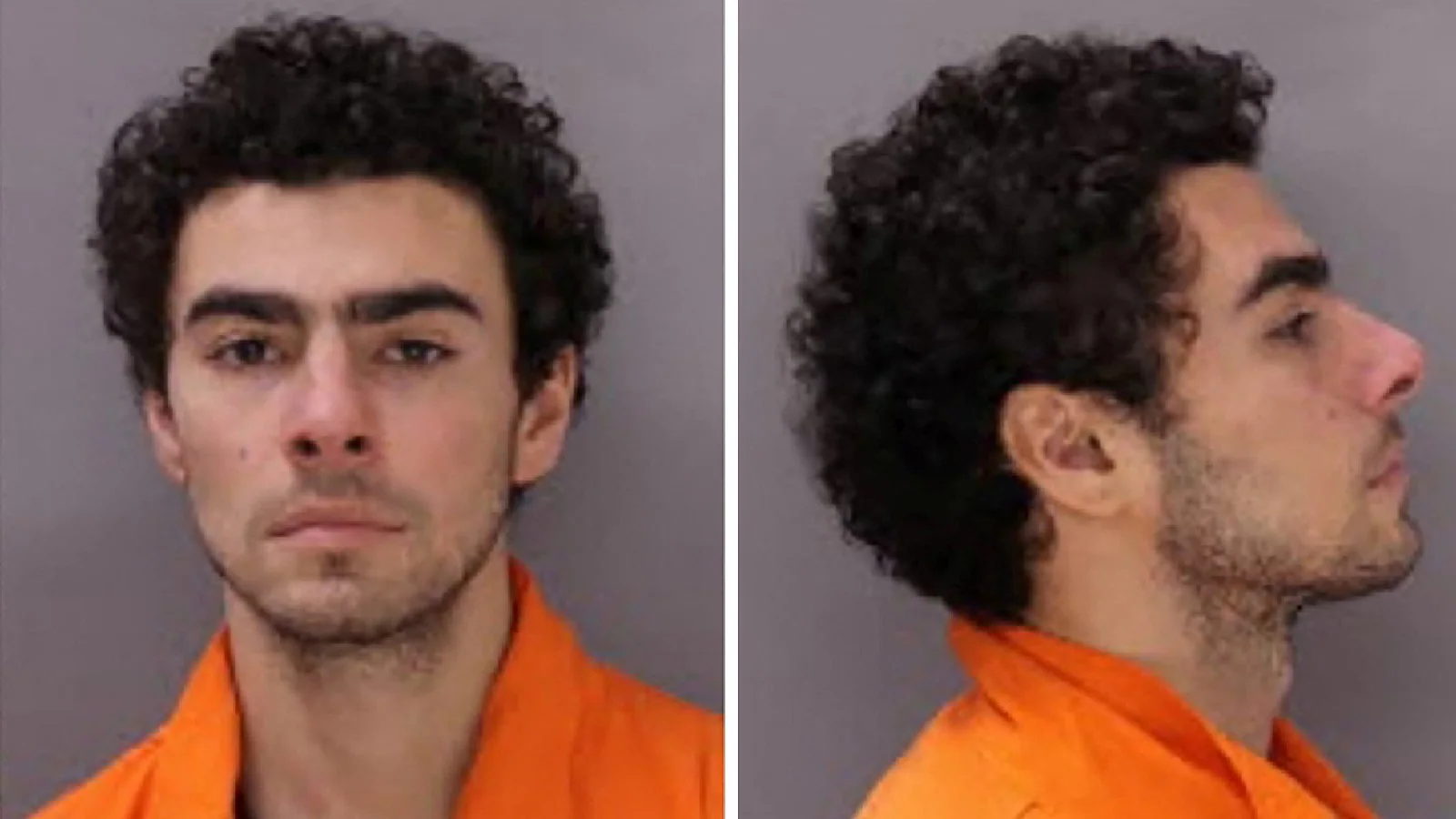By News18,Satyaki Baidya
Copyright news18

Children are routinely given multiple vaccines up to the age of five to six to protect them from serious diseases. Vaccination remains especially crucial in low-income countries.
However, a recent survey by The Washington Post and Kaiser Family Foundation (KFF) reveals that 16% of American parents are skipping routine vaccinations for their children, raising concerns over protection against serious infections like measles, mumps, rubella (MMR), and polio.
Unlike in India, where national vaccination campaigns ensure children’s immunisations, a growing number of parents in the United States are backing away from vaccines. Experts argue that vaccination is crucial for developing herd immunity, which protects communities from numerous diseases.
The Washington Post report highlights that 1 in 6 parents in the United States are neglecting routine childhood vaccinations. The prevalent reasons for this trend include fears of vaccine side effects and a significant lack of trust in health agencies’ assurances about vaccine safety.
Many parents have lost confidence in the Centers for Disease Control and Prevention (CDC) and other government agencies regarding vaccinations. Nearly half of those surveyed said they don’t fully trust official recommendations.
Misinformation on social media further fuels skepticism, with some parents preferring vaccines be given individually rather than multiple at once. Others believe children can prevent diseases through healthy habits. Some parents also reported that their doctor either didn’t recommend vaccines or did not discuss the topic at all.
This trend is particularly notable among specific groups, such as those with certain religious beliefs, homeschooling parents, young parents, Republicans, and those in particular regions.
Doctors warn that delaying children’s vaccinations not only endangers individual children but also compromises herd immunity. Insufficient vaccination rates could lead to the resurgence of diseases like measles and polio.
Health experts stress that if this vaccine hesitancy is not addressed, it could pose a serious public health threat. They recommend enhancing information and transparency to rebuild public trust in vaccines. It is crucial for doctors and health workers to engage openly with parents, address their concerns, and provide scientific evidence. Additionally, social media platforms must take steps to combat misinformation.



